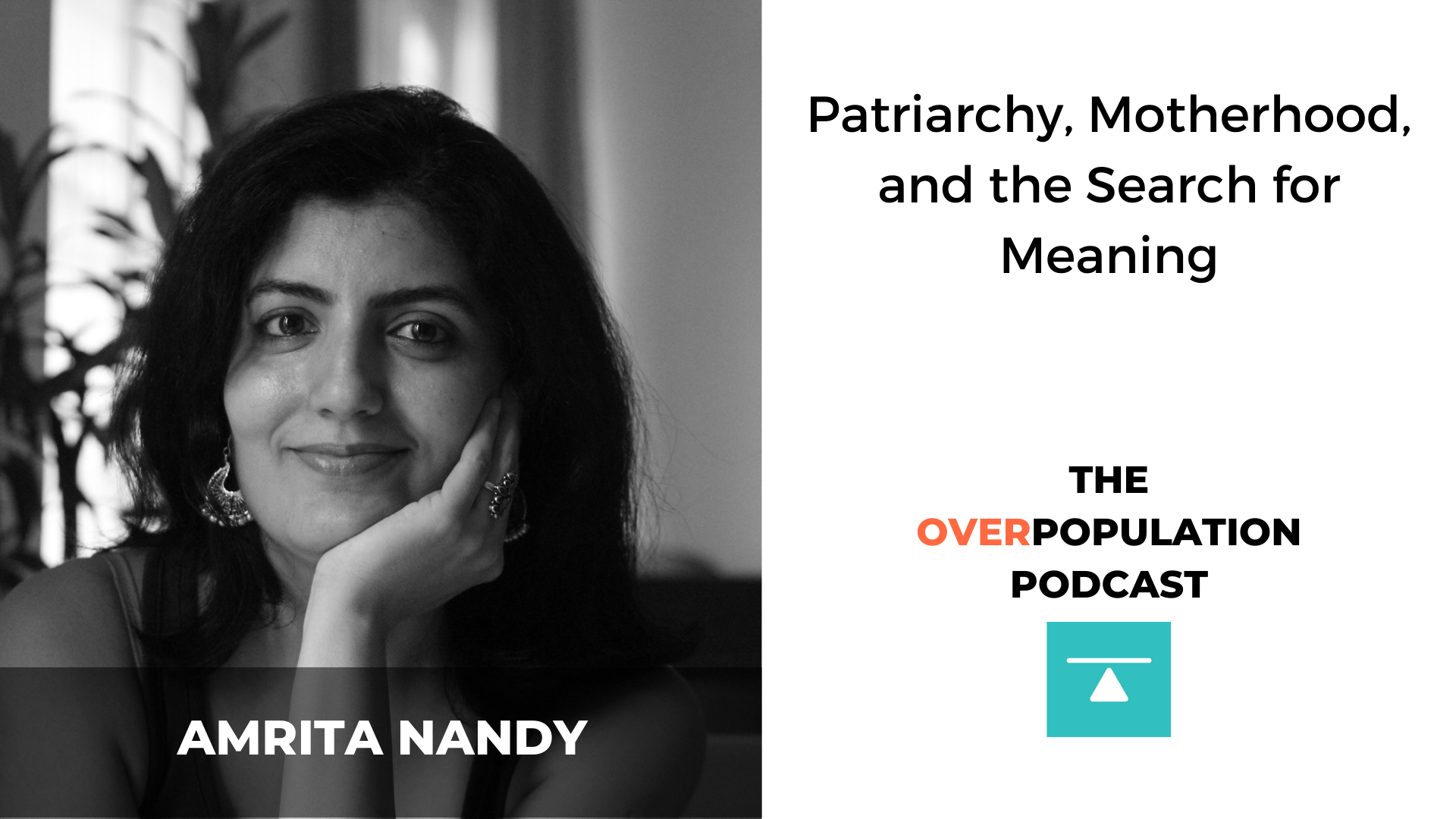I’m childfree, not childless. This is what it means.
This article was first published in Indian Express on Sep 28, 2024.
Listen to our interview with Dr. Nandy on this subject.
Intellectually, ecologically, and spiritually, the childfree offer a compelling and wider imagination around belonging and care. They raise — not children — but standards of an ethical life
As a woman without children, it is comforting to see the massive support presidential candidate Kamala Harris has received (especially from millennials) after being stung by the “childless cat lady” remark by her opponent’s VP pick in the 2024 US elections. While the stigma that has shadowed childless women across generations and cultures is old news, what is relatively new are the shame and shifts that trail childfree women.
But first, the difference between “childless” and “childfree” — antonyms that seem synonymous. Childless refers to those who wish to have biological children but are unable to, often due to physiological reasons. Childfree is used by folks who do not want to have children. Their suffixes are laden with essence — “less” points to a victim and her deprivation, “free” is for an agent with choice. Ironically, being childfree is akin to the worst taboo, abnormality, and selfishness because it is instantly read as a dislike of children. It can also be seen as a dislike of love itself, of responsibility and care, even a shunning of happiness and human goodness.
While we easily subject the childfree choice to such in-depth moral judgement, we do not do the same for our choice to be parents. What, after all, is our justification for parenthood? We often want children to give our lives meaning and purpose, undo our boredom, loneliness, angst, and anxieties, help tackle illness and old age, perpetuate our gene pool, and covertly, fulfil our unmet desires. Are these reasons for parenthood not obviously self-serving — signs of our love for ourselves rather than our potential children? That said, on the surface there is nothing immoral about these motivations for all they reveal is the tender human need for security.
But philosophers such as David Benatar argue otherwise. To Benatar, all procreation is immoral. Every human being will inevitably suffer, and therefore, humans should stop procreating, he argues. Even if we do not endorse his anti-natalism, we can be self-aware and honest about our rationale for parenthood.
In this polemical “us-and-them”, we miss noticing that the choice to forgo parenthood is a rare call for collective, serious inquiry. Why are an increasing number of women saying no to motherhood, despite our brazen mater-normativity (my term for practices that privilege motherhood and mothering as women’s natural and primary roles). Can motherhood ever be a self-determined, mindful choice within a coercively pronatalist culture? Since only women face the career-or-motherhood dilemma, where is the village it takes to raise a child? Just because wealthy countries have wrongly blamed the Global South for its own environmental misdemeanours, can we in the world’s most populous country pretend like population is not our issue at all and support growthism and human domination? Unchecked growth?
In my study of urban childfree Indian women, I met highly accomplished and conscientious scientists, filmmakers, journalists, professors and so on. Contrary to popular imagination, they are deeply engaged with the socio-political sphere and care for family (those of birth and choice). Yet, many found it difficult to disclose their childfreeness publicly for fear of being seen as freaks, and so they came out as “childless”. Those who disclosed their childfree status publicly were subjected to prejudice; their choices were rarely appreciated.
As a childfree woman, many innuendos and baffled expressions have come my way. However, since I live with and look after my parents, I also receive praise. To a degree, it seems to me, my “good daughter” image offers redemption.
Yet, paradoxically, if I speak of the challenges of being a single caregiver sans requisite public infrastructure, I stand to lose praise but gain empathy from, among others, young mothers. They too — as primary caregivers to children — get left alone to the daily, incessant, and exhausting juggling of employment and caregiving labour (where, often, caregiving overshadows or engulfs employment). This shared plight erases the divergence between mothers and childfree-me. In this frame, we are all women straining for a fuller life, at least till the dynamics shift and we are back to being the other.
I have also found validation from older, empty-nester parents who towards the end of their children-focussed journeys question the premium placed on parenthood and search for newer meanings in their isolated lives.
Perhaps the only site where childfreeness is admired and even expected is spirituality. India is home to other-worldly, spiritual traditions that cherish plural ways of being and living. Advaita interprets phenomenal experience as maya (illusory), and Buddhism emphasises caution from the seductions of moh (attachment). This wide angle of spirituality can make it easier for us to admit that human lives are hard, with or without children. We only make them harder with our tribal one-upmanship.
Intellectually, ecologically, and spiritually, the childfree offer a compelling and wider imagination around belonging and care. They raise — not children — but standards of an ethical life. For a start, we could be sober and clear-eyed about our extremes — idealisation of motherhood and vilification of the childfree and childless.


